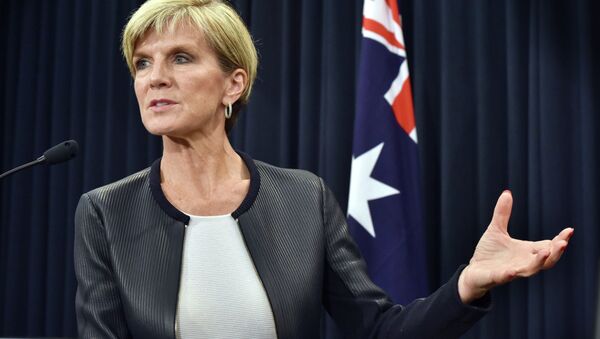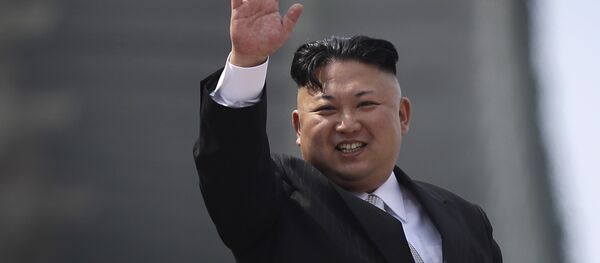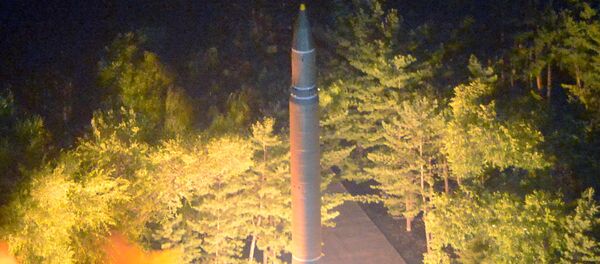Australia is one of several countries to receive a letter from North Korea, asking the country to reject its alliance with the US due to the actions of President Donald Trump. Trump has issued several threats against Pyongyang, which has retaliated in kind. Speaking at the UN General Assembly last month, Trump threatened to "totally destroy" North Korea.
Pyongyang's letter is an attempt to "divide US allies" who have concerns about the conduct of President Trump, Dr. Andrew O'Neil, Dean and Professor of Political Science at the Griffith Business School (Australia) told Radio Sputnik.
"The North Koreans do detect that there is some concern among US allies about the rhetoric of President Trump and they've clearly framed the letter to tap into that concern."
"The letter is really designed to try and divide US allies from Washington," although O'Neil thinks the effort is "not going to work."
Australia and other allies assume that the US "will probably exercise a degree of restraint" in responding to North Korean nuclear and ballistic missile tests, but they are concerned about the potential for the conflict to escalate.
"I think allies are certainly concerned that if the North Koreans decide to demonstrate in no uncertain terms that they can actually hit the continental US with an ICBM or nuclear warhead, that President Trump is going to feel that he has no alternative but to undertake military action and I think is what concerns allies like Australia."
Bishop said that the letter is an "unprecedented step for North Korea," which usually communicates via its news agency KCNA. According to Bishop, the missive is a sign that "the collective strategy of imposing maximum diplomatic and economic pressure through sanctions on North Korea is working."
Some commentators have speculated that Australia may try to send a delegation to Pyongyang following receipt of the letter, something which Canberra has tried to do in the past but was rejected by Pyongyang.
"There is a potential opportunity here for Australia to reach out to Pyongyang but I think the key for Australia is to coordinate that very closely with US strategy on the Korean peninsula and that's going to take some pretty sophisticated diplomacy on the part of the Australian government," O'Neil said.
"Pyongyang has been very clear in that it seeks an equal place at the table with the US and the way it thinks it can do that is by demonstrating it can strike the US with a nuclear weapon."
The international community needs to strike a balance between being "tough with North Korea," but at the same time "allowing Kim Jong-un to save face if he does decide to undertake negotiations."
"That's a very sophisticated diplomatic game and frankly I'm not sure the Trump administration has the ability to do that, but I think it's very important that allies like Australia make that argument to Washington, that essentially some room has to be given to Pyongyang for negotiations," O'Neil said.




